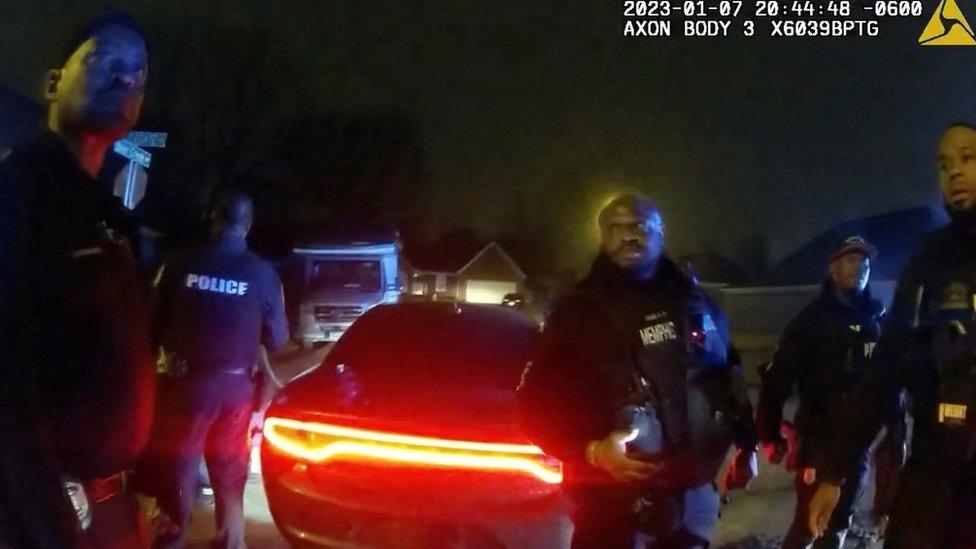How an unproven rumour about Tyre Nichols fits a larger victim-blaming pattern
- Published
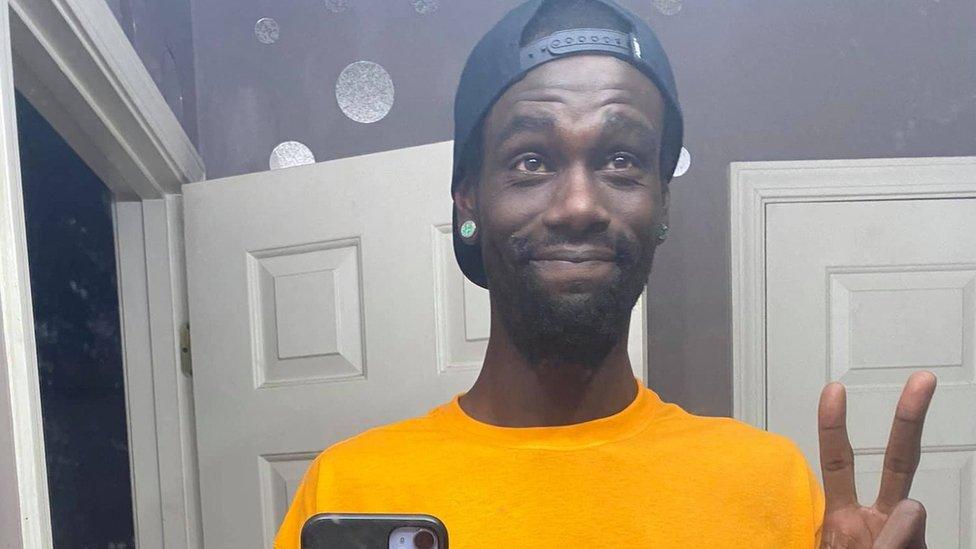
Like other victims of police brutality, Tyre Nichols has become the target of unproven online rumours
Tyre Nichols's stepfather has denied an unproven rumour that his son was having an affair with the ex-wife of one of the police officers charged with his murder.
Mr Nichols died three days after a violent encounter with police in Memphis, when officers kicked and punched him after a traffic stop.
But experts say the growing volume of online chatter fits a larger pattern of speculation, rumour and completely false allegations directed towards victims of police brutality in the US.
In Mr Nichols's case, a variety of activists and online accounts with varying motivations spread the rumour without any evidence.
The allegation swiftly moved from fringe accounts to a level where Mr Nichols's family and leading civil rights figures felt they needed to address it directly.
How did it start?
Social media chatter began at a low level on Friday. BBC reporters in Memphis heard similar rumours at about the same time, and chatter on far-right and "alt-tech" networks began later, indicating it's likely that the rumour began in the local community rather than online.
Once a number of TikTok and YouTube videos and tweets addressed the subject, however, a mix of people began circulating it.
The whispers grew steadily louder over the weekend, to the point where Mr Nichols's stepfather, Rodney Wells, denied them in front of a crowd at a prayer vigil on Monday night.
"The police tried to cover it up. They [are] still trying to spread rumours about my son that are not true," Mr Wells said, according to local news reports, external. "My son was not messing around with one of the officer's wives. That's just a rumour."
No evidence has emerged that police were involved in spreading the rumour.
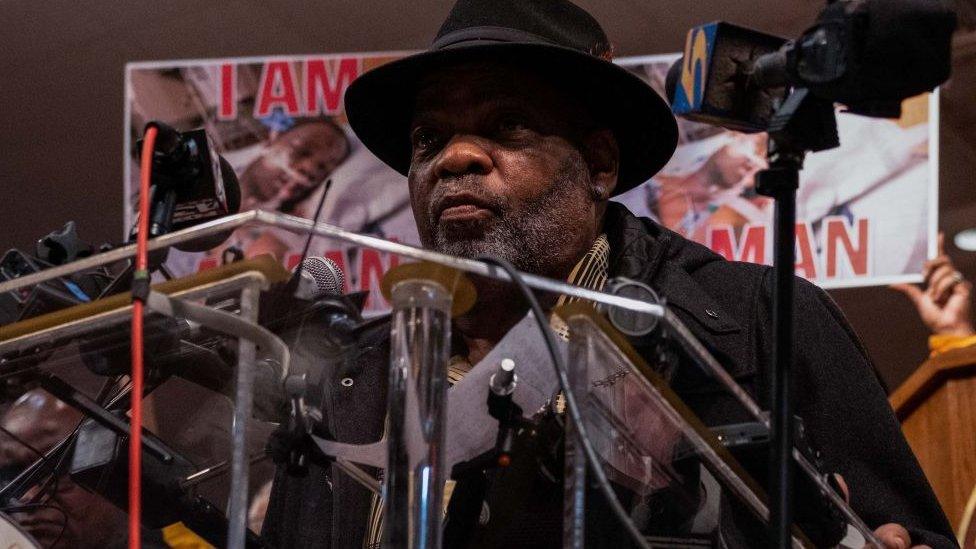
Rodney Wells, stepfather of Tyre Nichols, publicly denied the rumours
Although some commentators have described the vicious attack as unusually personal, nothing in the bodycam videos released by Memphis authorities indicated that the officers knew Mr Nichols or specifically sought him out before they stopped him.
The Reverend Al Sharpton dismissively mentioned the allegation when delivering the eulogy for Mr Nichols on Wednesday. "Nobody mentioned nothing about no girlfriend… they started beating an unarmed man," he said.
Fact checks by news organisations and Snopes, external, which tracks conspiracy theories and online falsehoods, laid out what's known and unknown - but had difficulty pinpointing the original source of the story.
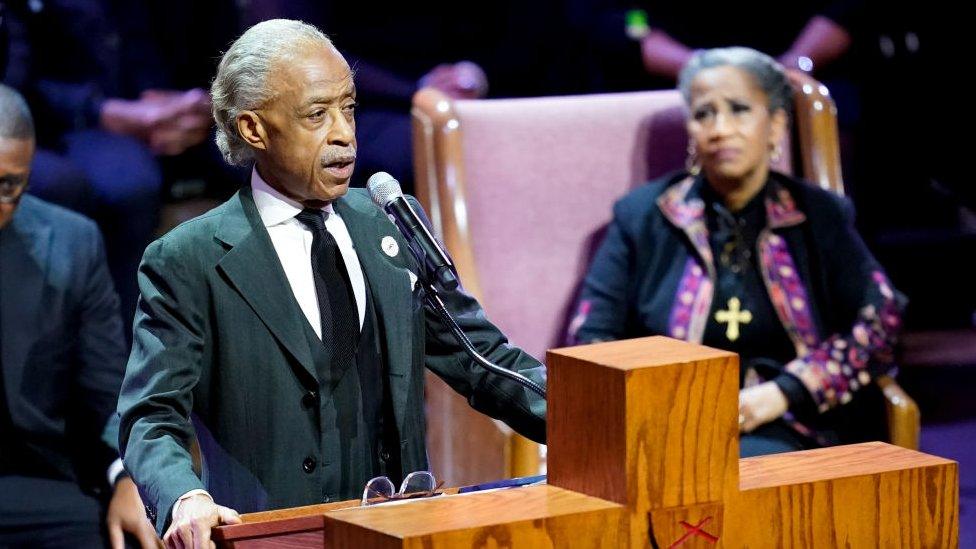
Al Sharpton mentioned the rumours during a church service
The BBC contacted several of the most popular Twitter accounts spreading the rumour, and none could provide evidence or say where the claim originated.
Why have people spread it?
Those spreading the unproven rumour had a variety of perspectives and possible motives. Some condemned the gossip or made the point that a personal dispute does not justify violence.
Several others, including activists and influencers broadly aligned with the Black Lives Matter movement, argued that any evidence of a personal motivation would justify upgrading the criminal charges against the police officers to first-degree - or premeditated - murder.
Five officers are currently charged with second-degree murder, which does not require intentional planning. In Tennessee, first-degree murder is punishable by the death penalty while second-degree murder is punishable by up to 15 to 60 years in prison.
None of the officers have offered a plea, but lawyers for two of them earlier said they would contest the charges.
As is often seen around high-profile news events, others spread the rumour believing they were being helpful by passing along information. Others were attempting to increase their clout and online followings.

More Tyre Nichols coverage:

There are deeper motivations for sharing rumours, too.
"It's an attempt by some people online to rationalise why something like this would happen," Snopes reporter Nur Ibrahim said.
Another influential group of people used the rumour to distract from larger debates and claimed that it rendered discussions of police brutality and racism irrelevant.
The profiles of several of the people making this argument indicated that they supported conservative or far-right causes.
Katherine Keneally, senior research director at the Institute of Strategic Dialogue, a counter-extremism think tank, said politically motivated "bad faith actors" are well-versed in distraction techniques.
"They're using this to try to detract from the larger problem which is police brutality and the horrible scenes in the video," she said. "They will bite at any sort of rumour that they can use to advance their agenda."
A well-established pattern
Several high-profile victims of police violence in recent years have been the subject of unproven or false rumours intended to deflect from larger social issues.
Sometimes the rumours start with grains of truth. For instance, following the murder of George Floyd, several online influencers focused on his criminal record or accused news outlets of "covering up" his history.
In reality, Mr Floyd's record was well-reported, as was his involvement in religion and anti-violence causes after his release from prison.
After the shooting death of Breonna Taylor by police in Louisville, Kentucky in 2020, online partisans played up her involvement in criminal activity.
"Those rumours were mostly false," Ms Ibrahim said. "They took a little bit of true information and expanded and exaggerated it to the point where it became mostly false."
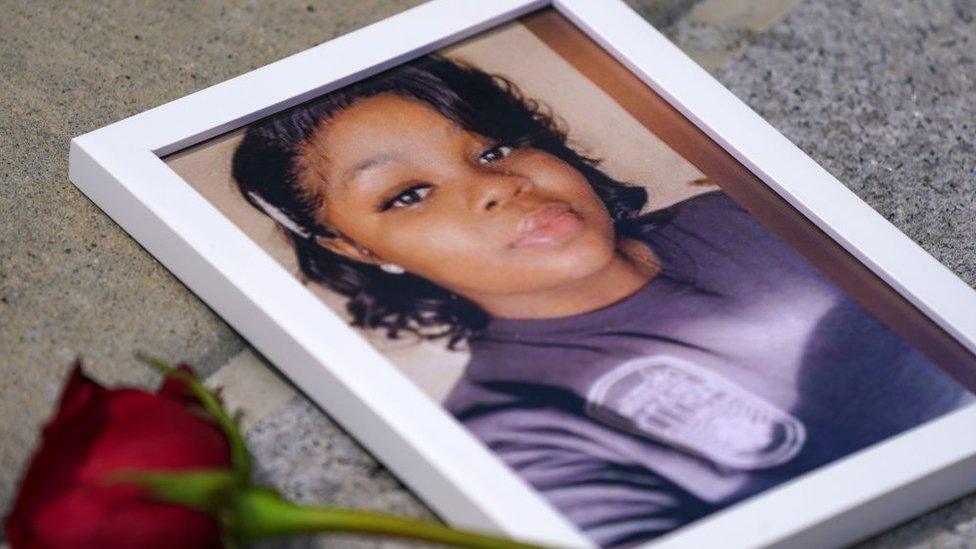
Breonna Taylor's ties to her ex-boyfriend, who was accused of dealing drugs, were exaggerated by online activists after she was killed
Ms Kennelly said the release of video footage has caused far-right and pro-police activists to scramble for a coherent story with which to push back.
Other posts by some of the same people are based on facts rather than speculation - for instance highlighting that the five officers initially charged are black and that Memphis is run by Democratic Party politicians.
The intent, however, is the same. "[It's] an effort to distract from the larger problem which is police brutality and the horrible scenes in the video," Ms Kennelly said.
"That's why we've seen so many narratives over the past five days," she said. "They are trying to get one that sticks, because it's very difficult to argue that this is something other than police brutality."
Far from harmless gossip, Ms Kennelly said the rumours have a larger, negative, impact on public debate and called for more work by social media companies to stop the spread of misleading narratives.
"Harmful misinformation and disinformation can actually have an impact on the family, the case and future efforts to combat police brutality."
Related topics
- Published1 February 2023
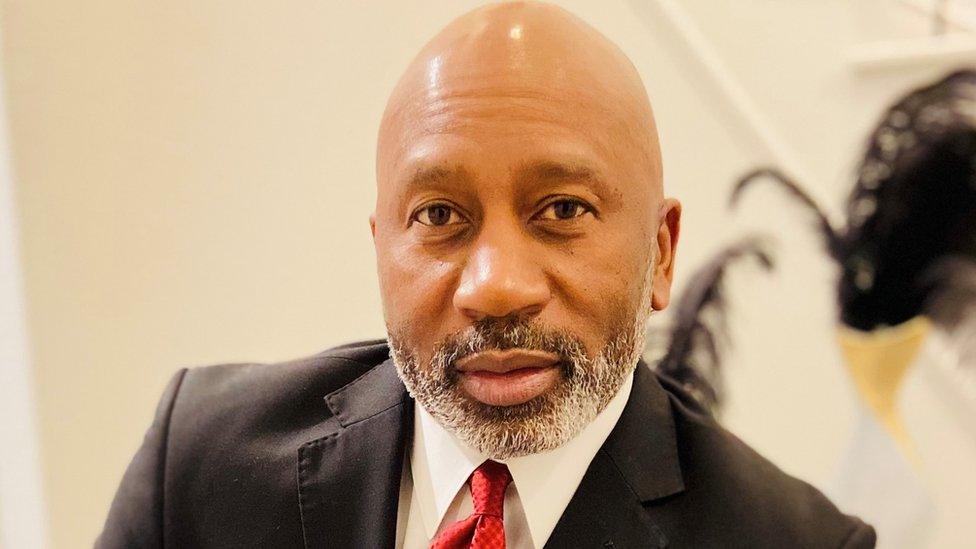
- Published2 February 2023
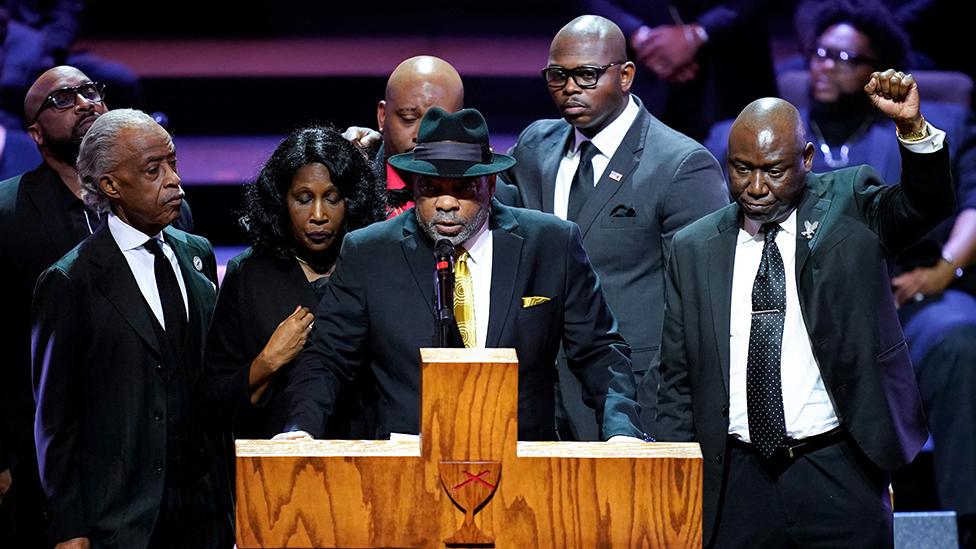
- Published9 September 2024
